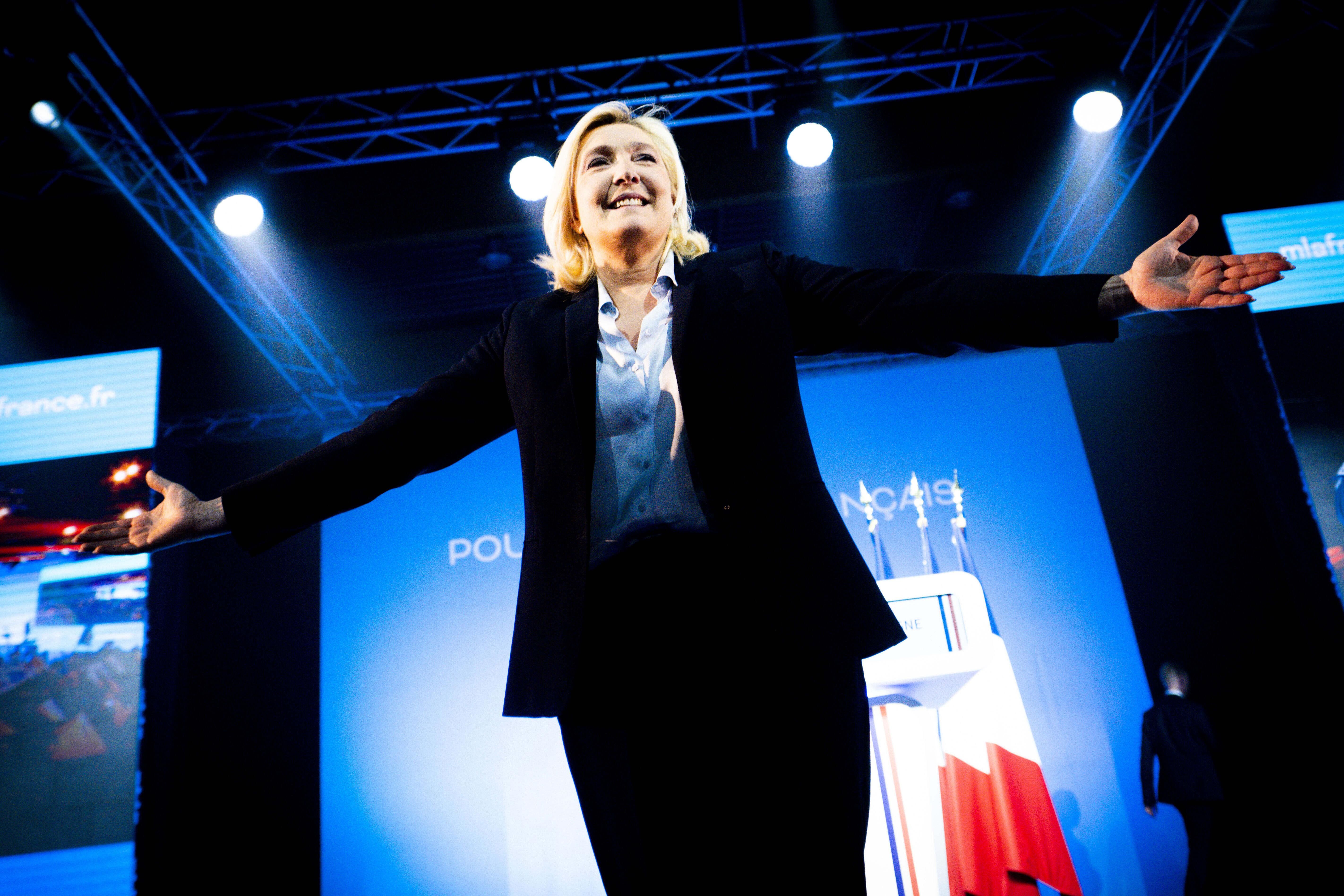What We're Watching: France's decision, Putin's scoreboard, Johnson on tour
Will the far-right candidate win in France?
Vive la différence! In Sunday’s second and final round of the French presidential election, incumbent Emmanuel Macron and National Rally Party leader Marine Le Pen present very different visions of France’s future. Will France choose Macron’s promise of an open France, a strong EU, and continued streamlining of state spending? Or will it bend toward Le Pen’s idea of tighter immigration controls, a weaker EU, and more protectionism? Polls indicate that this is Macron’s race to lose (he’s 10 percentage points ahead following Wednesday's televised debate), and Eurasia Group Europe analyst Mujtaba Rahman believes Macron will win. “It’s always hazardous to call an election three days out,” he tweeted, “but this one looks like it’s all over but for the voting.”
Putin puts points on the scoreboard
Russia’s invasion of Ukraine hasn’t gone to plan. Early attempts to seize Kyiv, Ukraine’s capital, failed, making Russia’s “phase two” – the fight for the Donbas – look like “plan B.” The sinking of Russia’s Black Sea flagship was a disaster for both Kremlin messaging and Russian military morale. In response, Putin badly needs points on the scoreboard. Earlier this week, Russia tested a nuclear-capable intercontinental ballistic missile, which a Russian senior official called a “present to NATO.” The Pentagon was not impressed. Faced with possible heavy losses if Russian forces stormed a steel plant in Mariupol to roust Ukrainian fighters hunkered down there, Putin ordered his army to simply seal the Ukrainians inside and declare victory. Russia will likely trumpet the capture of Donbas towns in the coming days. The big question remains: What can Putin call “victory” without launching an open war with NATO?
